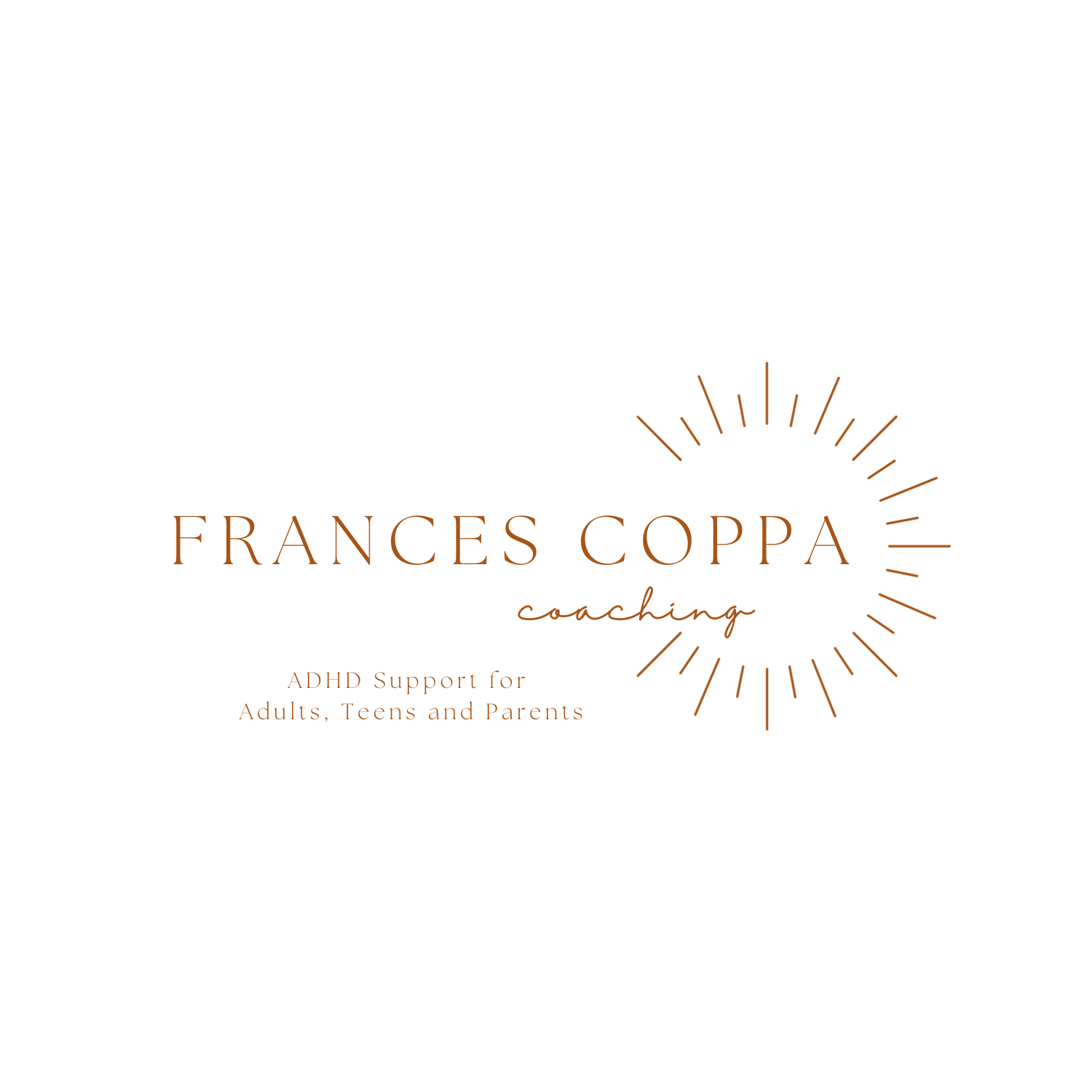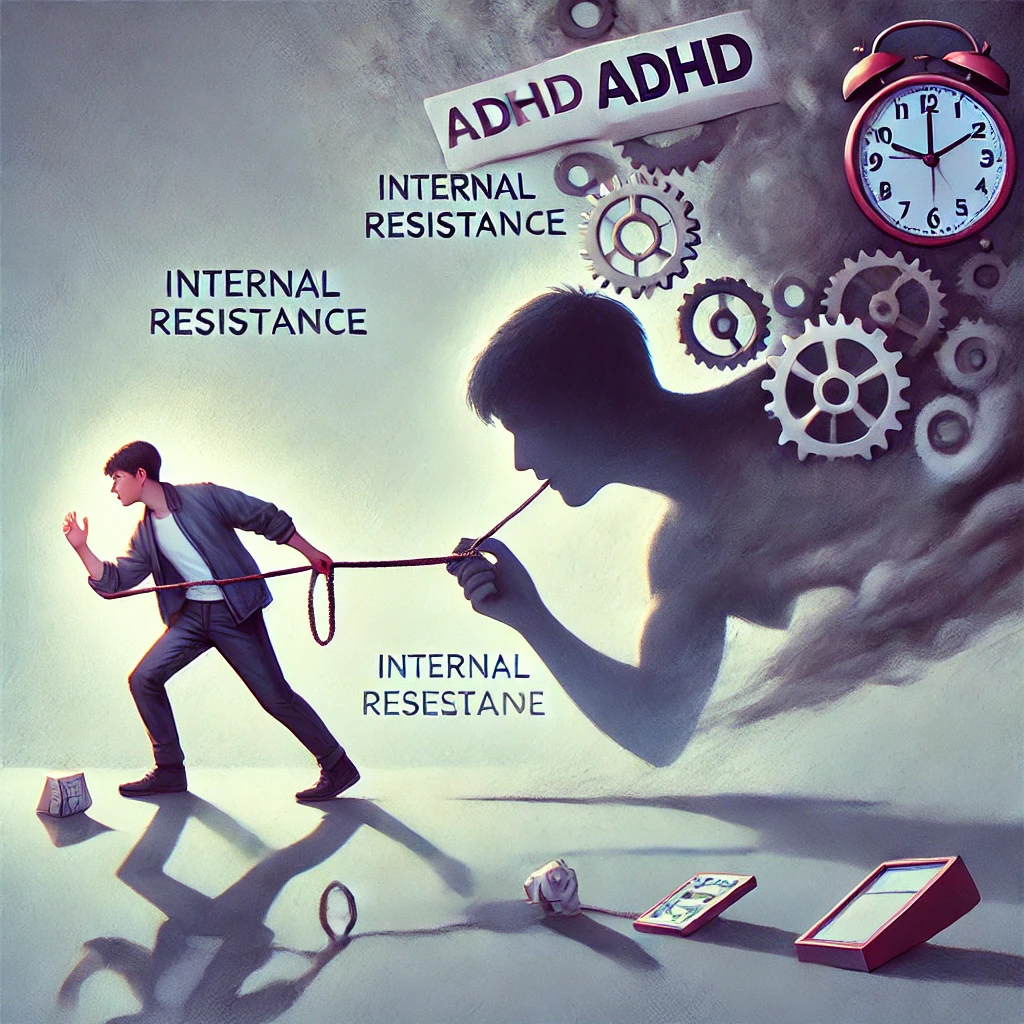ADHD Habit Formation: Why Shame Fails and Self-Acceptance Works
As an ADHD coach, I’ve witnessed a pattern that repeats itself with almost every client who walks through my door. They arrive believing they’re fundamentally broken—that if they could just try harder or be better, their ADHD challenges would be fixed. This shame-based approach to ADHD habit formation isn’t just ineffective—it actively sabotages progress and deepens struggles.
The Rebellion Within: Understanding ADHD and Internal Resistance
One fascinating phenomenon I observe is an internal rebellion. My clients often describe a confusing sense of defiance against the very habits they’re trying to implement. They set an alarm to start a morning routine, and suddenly find themselves hitting snooze repeatedly, almost as if they’re rebelling against their own goals.
This isn’t just random behavior. When we approach ADHD habit formation from a place of shame and self-criticism, our brains naturally resist. This resistance isn’t weakness—it’s a form of self-protection.
“Every time I try to force myself into a new system, it’s like some part of me rises up in rebellion. The stricter I am with myself, the stronger the pushback becomes.” — Client reflection
Why Shame-Based Approaches Backfire with ADHD Habit Formation
The rebellion we experience makes perfect sense when we understand how our ADHD brains work:
- Emotional dysregulation meets perfectionism: When we believe we’re broken, any small slip becomes evidence of our “failure,” triggering emotional flooding that makes continuing impossible
- Motivation through interest, not force: ADHD brains are novelty-seeking and interest-driven. Shame creates an aversive experience that our brains naturally avoid
- Executive function under stress: Shame activates our stress response, which further impairs the executive functions we’re trying to strengthen
- Identity rejection: When we frame ADHD as something to “overcome” rather than understand, we reject core aspects of ourselves—and no lasting change can come from self-rejection
Building Habits Through Self-Acceptance
The alternative pathway begins with radical self-acceptance—not as a feel-good philosophy, but as a practical strategy for creating lasting change:
1. Curiosity Instead of Criticism
When you notice resistance to a habit you’re trying to build, approach it with genuine curiosity. Ask yourself: “What is this resistance trying to tell me? How might this habit be misaligned with how my brain works?”
2. Work With Your Brain, Not Against It
Identify the specific executive function challenges involved in your desired habit, then build supports around those specific needs rather than trying to force neurotypical solutions.
3. Ground Habits in Your Values, Not Self-Improvement
Connect new habits to your deepest values and authentic “why.” When habits emerge from self-love rather than shame and “fixing” yourself, they become expressions of who you truly are, not attempts to become someone else. Understanding your core values creates intrinsic motivation that persists even when external motivation fades.
4. Celebrate the Process, Not Just Outcomes
Humans respond powerfully to positive reinforcement. Creating smaller celebration points throughout the ADHD habit formation process provides the dopamine hits that sustain momentum. Read more about celebrating your small wins in this article.

The Transformative Power of Self-Acceptance
What’s most beautiful about this journey is watching clients transform when they finally set down the heavy burden of ADHD shame. There’s an unmistakable shift when someone moves from “I need to fix what’s broken in me” to “I’m learning to understand and work with my unique brain.”
This isn’t just about feeling better—though that certainly happens. It’s about creating sustainable change that honors who you truly are.
As one client recently shared: “For the first time, I’m not at war with myself. My new habits don’t feel like punishment; they feel like partnership with my own mind.”
Remember, your ADHD brain isn’t broken—it’s differently wired. The path to lasting habits starts not with ADHD shame, but with understanding, acceptance, and a willingness to work with your neurodivergent nature rather than against it.


Leave a Reply